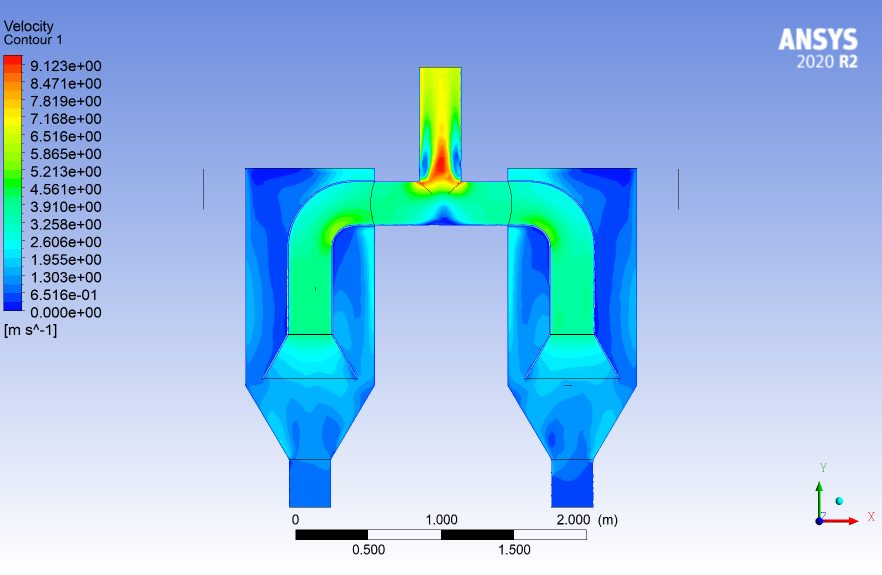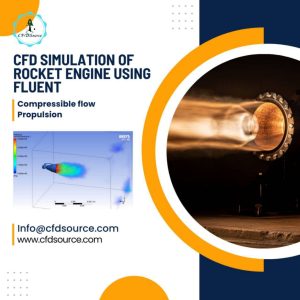CFD Consulting Services: In today’s rapidly evolving technological environment, businesses across industries are constantly looking for innovative solutions to improve their efficiency and gain a competitive edge Computational Fluid Dynamics (CFD) consulting services are emerging as a key that is essential for companies looking to streamline their processes, improve efficiency and reduce costs manufacture, emphasizing how they work and the important benefits for employees.
In today’s rapidly evolving technological environment, businesses across industries are constantly looking for innovative solutions to improve their efficiency and gain a competitive edge Computational Fluid Dynamics (CFD) consulting services are emerging as a key that is essential for companies looking to streamline their processes, improve efficiency and reduce costs manufacture, emphasizing how they work and the important benefits for employees.
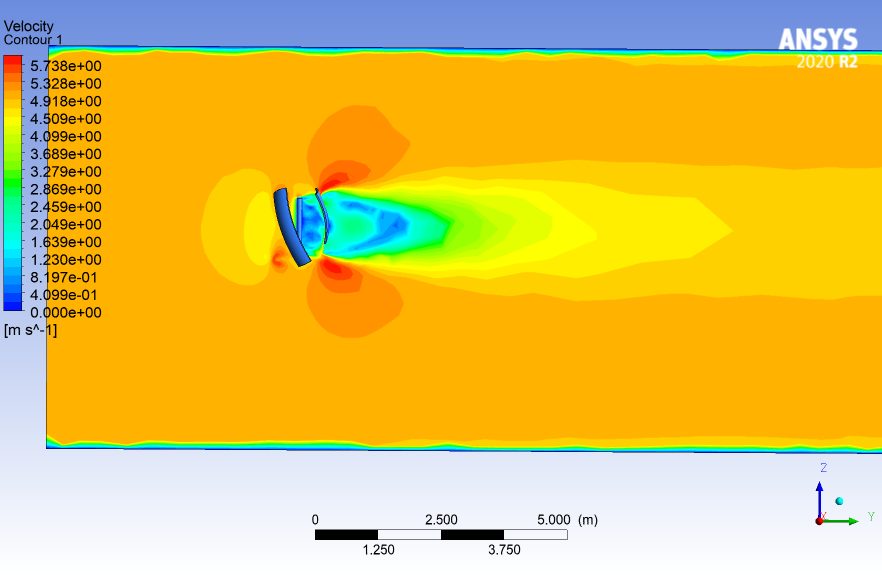
2. What is CFD?
2.1 Understanding Computational Fluid Dynamics
Computational fluid dynamics (CFD) is a branch of engineering deeply involved in fluid behavior. It’s like a virtual lab where engineers and scientists can experiment with air and fluid flow without the need for physical modeling Through advanced mathematical modeling and computer simulations, CFD enables us to understand, predict and optimize fluid behavior in a real-world setting. Whether it’s aircraft aerodynamics, data center cooling efficiency, or blood flow in medical devices, CFD is the key to unlocking the world of insights
2.2 Importance of Fluid Dynamics in Engineering
Water potential plays an important role in the formation of the world around us. Technically, it’s not just about understanding water; it’s about exercising their power. Hydropower affects a wide range of applications, from building fuel-efficient vehicles to designing more efficient HVAC systems. Whether you are an aerospace engineer looking to optimize combat aircraft performance or a civil engineer optimizing water distribution systems, hydropower is central to these efforts Understanding how water behaves is key to engineering edge improved product performance, safety, and durability.
3. The Role of CFD Consulting Services
3.1 A Closer Look at Consulting Services
CFD consulting services represent a bridge between complex fluids and real-world problem solving. This role brings together experts who are familiar with the intricacies of CFD and the unique challenges faced by businesses in various industries. Through collaboration, CFD consultants deliver customized solutions that address specific issues and objectives. State-of-the-art software tools and computational techniques are used to model and analyze hydraulic behavior under various conditions, providing businesses with valuable insights and actionable recommendations.
3.2 Tailored Solutions for Diverse Industries
One of the incredible strengths of the CFD consulting industry is its flexibility. The urethra does not have a single function; It fills almost every category. Whether predicting ventilation in high-rise buildings, optimizing fuel combustion in power plants, or improving medical device design, CFD consulting can be tailored to meet the unique needs of different industries role.
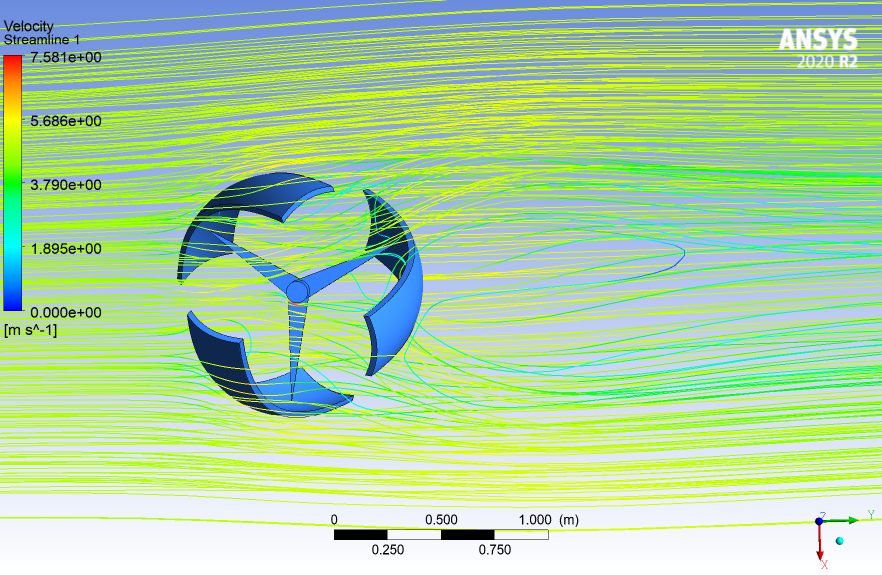
4. Benefits of CFD Consulting
4.1 Accurate Simulation and Analysis
The heart of CFD advice lies in its ability to provide highly accurate simulations and in-depth analysis of fluid behavior. Imagine being able to visualize the flow of air across the wings of an airplane or the dissipation of heat in complex electronics. CFD simulations simplify these complex processes, allowing engineers and designers to make informed decisions. This accuracy not only reduces the need for testing expensive physical samples but also greatly accelerates product development.
4.2 Cost Reduction through Optimization
Minimizing costs is a priority for businesses in today’s competitive environment, and CFD consulting plays an important role in achieving this goal. By identifying inefficiencies, obstacles, and areas for improvement in hydraulic systems, CFD consulting can lead to significant cost savings from designing more fuel-efficient vehicles so to optimizing industrial pumps, successful implementation of CFD can show tangible economic benefits, making it a smart investment for any company.
5. Industries Benefiting
5.1 Aerospace and Aviation
Aerospace and aviation represent industries where accuracy, safety and performance are paramount. CFD consulting services have emerged as an indispensable asset in these sectors. Using the power of computational fluid dynamics, engineers and designers can optimize aircraft design to maximize fuel efficiency, reduce emissions, and increase overall performance CFD simulation allows airflow testing pay close attention to aircraft components to optimize wing design, improve engine performance, aircraft safety And in the industry that helps ensure that small improvements can deliver huge benefits, CFD consulting is a key driver innovation and competition.
5.2 Automotive Manufacturing
The auto industry is relentlessly striving to improve fuel efficiency, reduce emissions and increase safety. CFD consulting services provide a significant boost in achieving this objective. Whether smoothing the ambient airflow to reduce drag or optimizing engine combustion for fuel efficiency, CFD simulations have enabled vehicle design and engineering changes through the ability to it is used to simulate and analyze the drainage system allowing engineers to make data-driven decisions. CFD consulting empowers manufacturers to produce vehicles that not only meet stringent environmental regulations but also offer high levels of performance and safety.
5.3 Energy Sector
The energy industry, including energy generation, oil and gas, and renewable energy, relies heavily on CFD consulting to optimize operations and ensure efficiency CFD simulations in electricity generation are helpful for characterizing fluid behavior in pipelines, turbines and heat exchangers, making it more reliable, cost-effective f Ensures that energy production Oil and gas industry uses CFD to analyze pipeline flows in 2012, making the transportation process safer and more efficient. Moreover, CFD has a significant role in the development of renewable energy technologies, such as wind turbines and solar panels. By accurately modeling fluid dynamics, CFD consulting helps develop sustainable energy solutions.
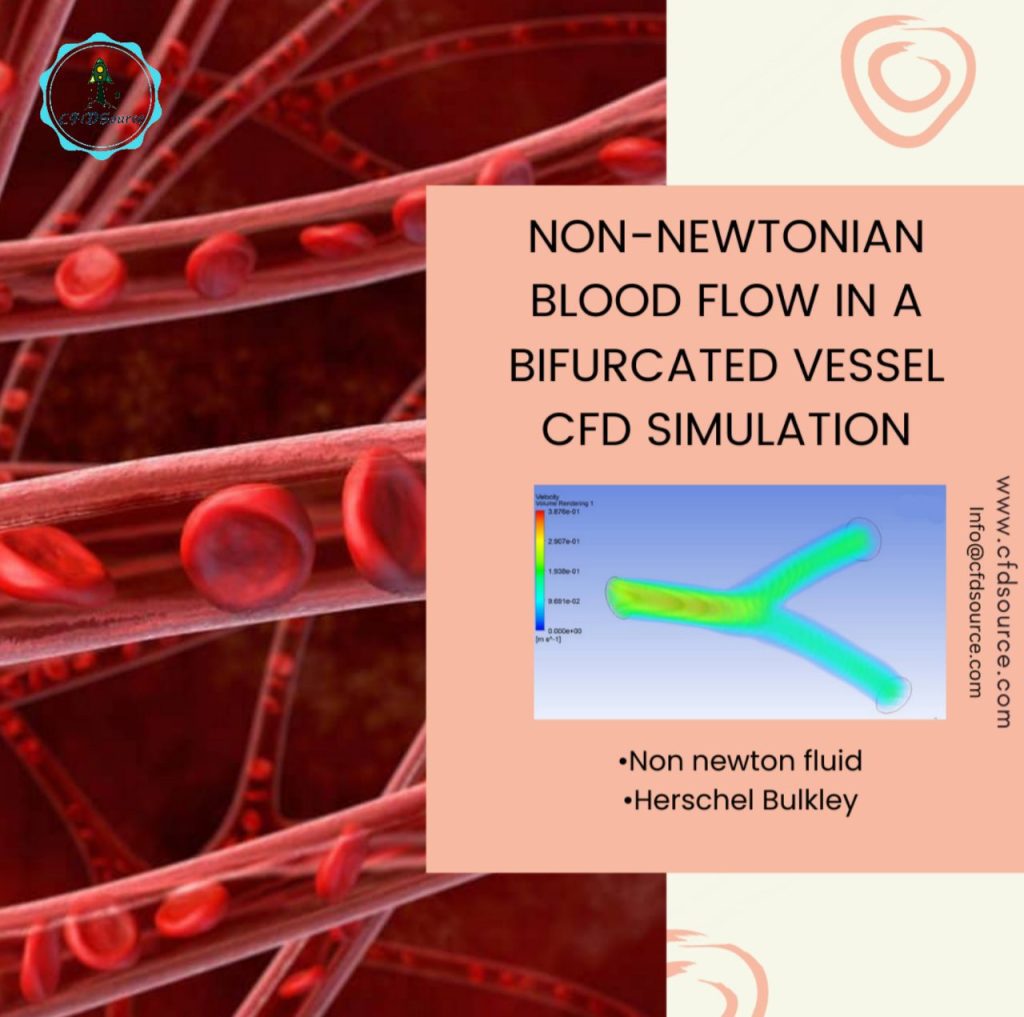
6. Choosing the Right Firm
6.1 Factors to Consider
Choosing the accurate CFD consultancy is an important decision that can significantly affect the success of your business. Many factors need to be carefully considered. First of all, look at the company’s expertise in CFD and its track record of delivering results. A reputed company should have a team of experienced CFD engineers and have access to up-to-date software tools. Also, consider the company’s ability to tailor a solution to your specific needs. Every business is unique and a consulting firm should be able to adapt its approach to meet your specific goals. Finally, look for references and case studies to achieve insight into the company’s successes and how they relate to your business.
6.2 Case Studies and Client Success Stories
One of the most effective ways to evaluate a CFD consulting firm is to review its track record and their client success stories. These real-world examples demonstrate the company’s ability to solve complex problems and deliver tangible results. Look for content that is tailored to the needs of your industry or business, as it provides a clear picture of the company’s capabilities and expertise. Again, reach out to the firm’s past clients for testimonials and answers. Client satisfaction and successful project outcomes are strong indicators that a consultant is credible and suited to your needs.
This section further examines the issues of CFD consulting in various industries and considerations for choosing the right consulting firm. If you would like to go deeper into a particular section or explore more topics, please feel free to let me know.
7. The Process
7.1 Data Collection and Analysis
The CFD discussion process begins with careful data collection and analysis. This first step lays the foundation for successful ideas and meaningful insights. Engineers collect relevant information including geometric models, boundary conditions, and materials. These data act as input to the CFD simulations. Since any discrepancy makes invalidate results, the quality and accuracy of data is paramount. Once the data are collected, they are thoroughly analyzed to identify key variables and parameters to be used in the simulations. This careful preparation ensures that subsequent CFD models are based on sound data, yielding reliable results.
7.2 Simulation and Modeling
With data in hand, CFD professionals return to the core of the consulting process—theory and modeling. Engineers use specialized software tools to develop complex mathematical models that represent the behavior of fluids in a system. These models assume governing fluid dynamics equations, such as the Navier-Stokes equation, and use numerical methods to solve Simulations and decompose the system into discrete elements to calculate fluid properties such as velocity, pressure, and temperature at various points in a system of the Refine model as it appears. Once the simulation is complete, engineers gain a detailed understanding of how fluids interact within the system.
7.3 Interpretation of Results
The conclusion of the CFD discussion depends on the interpretation of the simulation results. By performing complex simulations, engineers are provided with a wealth of information about fluid behavior. It is at this point that the true value of CFD advice becomes apparent. Experts analyze the results to gain insights into system performance and identify areas for improvement, inefficiency, and potential. Whether understanding air flow through a data center, heat transfer in a nuclear reactor, or reducing traffic drag, interpreting CFD results informs critical decisions translating complex data into insights can be used internally, CFD advice empowers businesses to make appropriate choices.

8. Real-World Applications
8.1 Streamlining HVAC Systems
CFD consulting services for heating, ventilation, and air conditioning (HVAC) systems have helped ensure proper control of temperature and air quality the complex design of HVAC systems requires precise design for airflow well, reducing energy consumption, and maintaining desirable comfort levels. CFD simulations enable engineers to model airflow in buildings, identify areas of potential heat or stagnation, and design HVAC systems that distribute air more accurately This not only increases comfort but also reduces energy consumption, saving costs reduced emissions and benefits the environment. CFD-driven HVAC optimization is a prime example of how computational fluid energy improves everyday life and contributes to sustainability.
8.2- To improve production quality
Thanks to CFD consulting, in different industries, processes, from consumer electronics to medical devices, have experienced transformational improvements. Engineers and designers can harness the power of CFD simulations now to create products that perform better under real-world circumstances. For example, in the electronics industry, CFD is used for temperature control analysis to ensure that electronics operate at safe temperature in medical device manufacturing, CFD simulations help to sense blood. It passes under complex devices such as stents and coronary arteries.
By predicting and optimizing fluid behavior, CFD consulting helps innovate products, improve product performance, and accelerate time to market for a wide range of products, ultimately benefiting customers and all departments. This section further explores the CFD consulting framework and real-world applications of computational fluid dynamics, outlining the impact on various industries and design processes If you would like to explore additional aspects or have specific questions, please feel free to hesitate feet to let me know.
9. Challenges:
9.1 Complexity of Fluid Dynamics
While computational fluid dynamics (CFD) consulting offers great advantages, it is not without its challenges, stemming mainly from the complexity of actual fluid dynamics Water, whether gas or liquid, exhibits complex behavior that can be difficult to model accurately. Violence, for example, is a complex and chaotic phenomenon that requires advanced computational techniques to model it accurately. In addition, the transition from laminar to turbulent flow, flow separation, and vortex formation are all aspects that require specialized knowledge Navigating the complexities of fluid dynamics requires skilled personnel who can accurately design, execute, and interpret CFD simulation.
9.2 Data Accuracy and Validation
A correct input and accurate results lead to the reliability of CFD simulations. Garbage in, garbage out, as the saying goes, is true in the world of CFD consulting. Any discrepancy or error in the collected data can propagate throughout the simulation, causing errors. Strong data collection and validation policies are needed to mitigate this risk. Data validation involves comparing simulation results with real-world measurements or benchmark cases to ensure that models accurately represent physical phenomena the interpretation process requires attention to detail, as any discrepancies must be addressed to make the results of CFD expert results more reliable.

10. Future Trends:
10.1 AI and Machine Learning Integration
The integration of artificial intelligence (AI) and machine learning (ML) into CFD recommendations represents a promising future trend. This technology has the potential to transform CFD simulations by increasing predictive capabilities and reducing simulation time. AI and ML algorithms can improve and learn from previous simulations, producing more efficient and accurate results. Moreover, it allows engineers to quickly explore a wide range of options. As AI and ML continue to evolve, incorporating them into CFD consulting will provide companies with more sophisticated tools to solve problems and innovate.
10.2 Cloud-Based CFD Services
Cloud computing is poised to play a pivotal function within the evolution of CFD consulting. The cloud gives scalability, accessibility, and price-performance, making it a super platform for accomplishing complex simulations. Cloud-based totally CFD offerings allow organizations to harness powerful computing assets without the need for considerable in-house infrastructure. This democratization of computational strength makes CFD consulting more reachable to a broader range of industries and businesses, inclusive of startups and small groups. Additionally, the cloud allows collaboration among geographically dispersed teams, permitting real-time sharing of simulation effects and insights. As cloud generation maintains to mature, it will similarly accelerate the adoption and expansion of CFD consulting offerings.

11. Conclusion
CFD Consulting Services: In conclusion, Computational Fluid Dynamics (CFD) consulting services are emerging as an indispensable asset for businesses across industries. The power of CFD lies in its ability to model and analyze complex fluid behaviors, delivering precise insights that drive innovation and cost-effective solutions for HVSC in the aerospace industry from aircraft design optimization to increased comfort and energy efficiency. While there are challenges in navigating complex fluid dynamics and ensuring data integrity, the future of CFD consulting is bright, with AI integration and cloud-based services set to transform the industry.
This section discusses the remaining aspects of the article, highlighting challenges in CFD consulting and exciting future developments in the field. If you have specific questions or need more information on any topic, please let me know.
FAQs
What is a CFD Consultant?
A CFD consultant is a highly specialized professional with expertise in Computational Fluid Dynamics (CFD). These experts possess in-depth knowledge of fluid dynamics, numerical methods, and CFD software tools. Their primary role is to provide consulting services to businesses and industries seeking to optimize fluid-related processes, designs, and systems. CFD consultants work closely with clients to understand their unique challenges, analyze fluid behavior through simulations, and offer data-driven insights and solutions. They play a pivotal role in industries such as aerospace, automotive, energy, and more, helping clients achieve cost savings, enhanced performance, and innovation. CFD consultants are the bridge between complex fluid dynamics and practical problem-solving, making them valuable assets in today’s competitive landscape.
How Much Does a CFD Consultant Cost?
The cost of hiring a CFD consultant can vary widely depending on several factors. The complexity of the project, the level of expertise required, and the duration of the consulting engagement all influence the overall cost. Additionally, the reputation and experience of the consulting firm or individual consultant can impact pricing. On average, CFD consulting services may range from hundreds to thousands of dollars per hour or project, making it essential for businesses to establish clear project scopes and objectives before seeking a consultant. It’s important to note that while the upfront cost of hiring a CFD consultant may seem significant, the potential cost savings and performance improvements gained through optimized designs and processes can far outweigh the investment.
